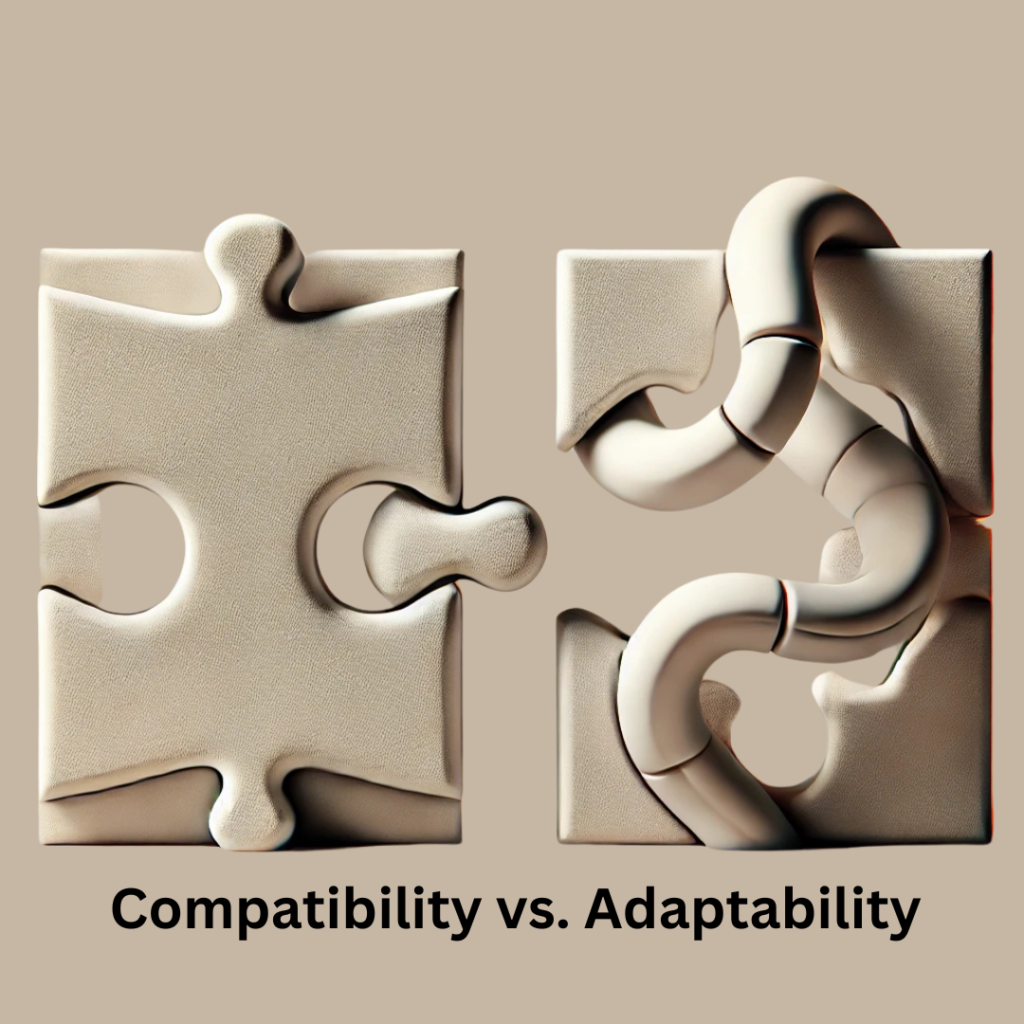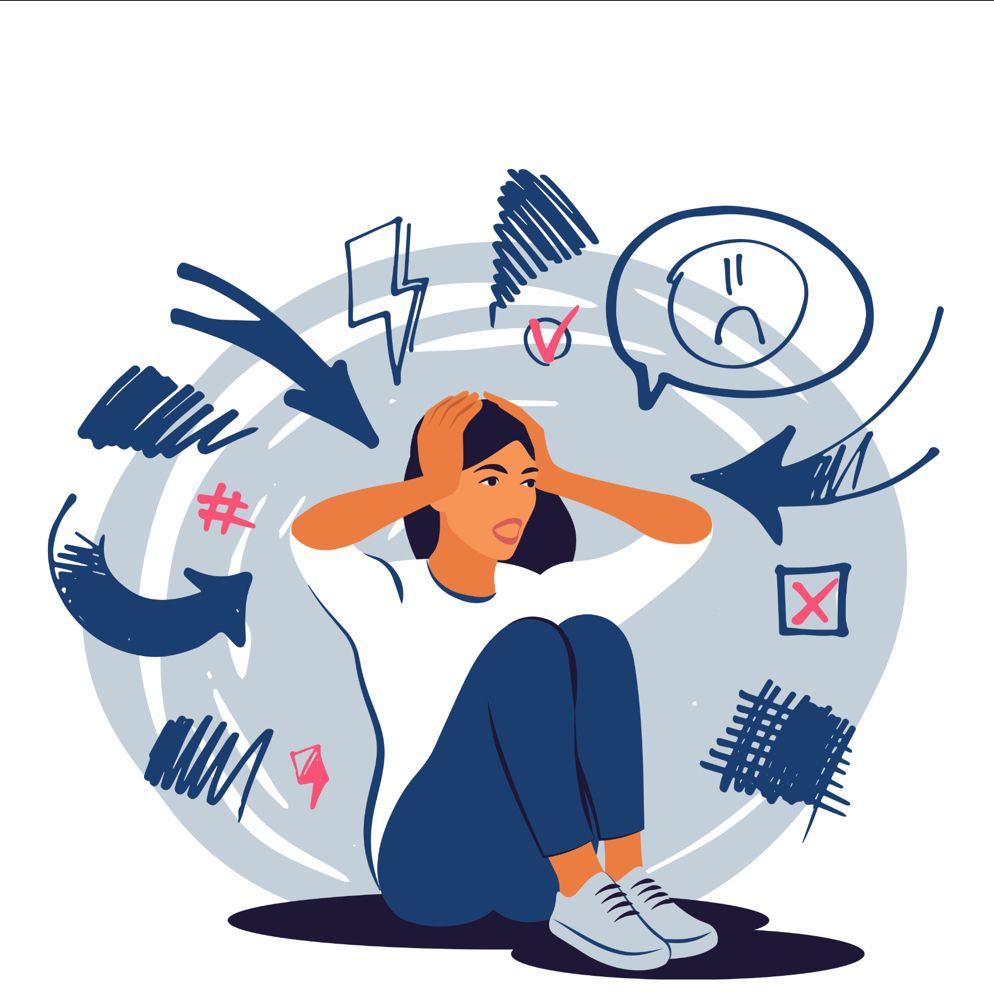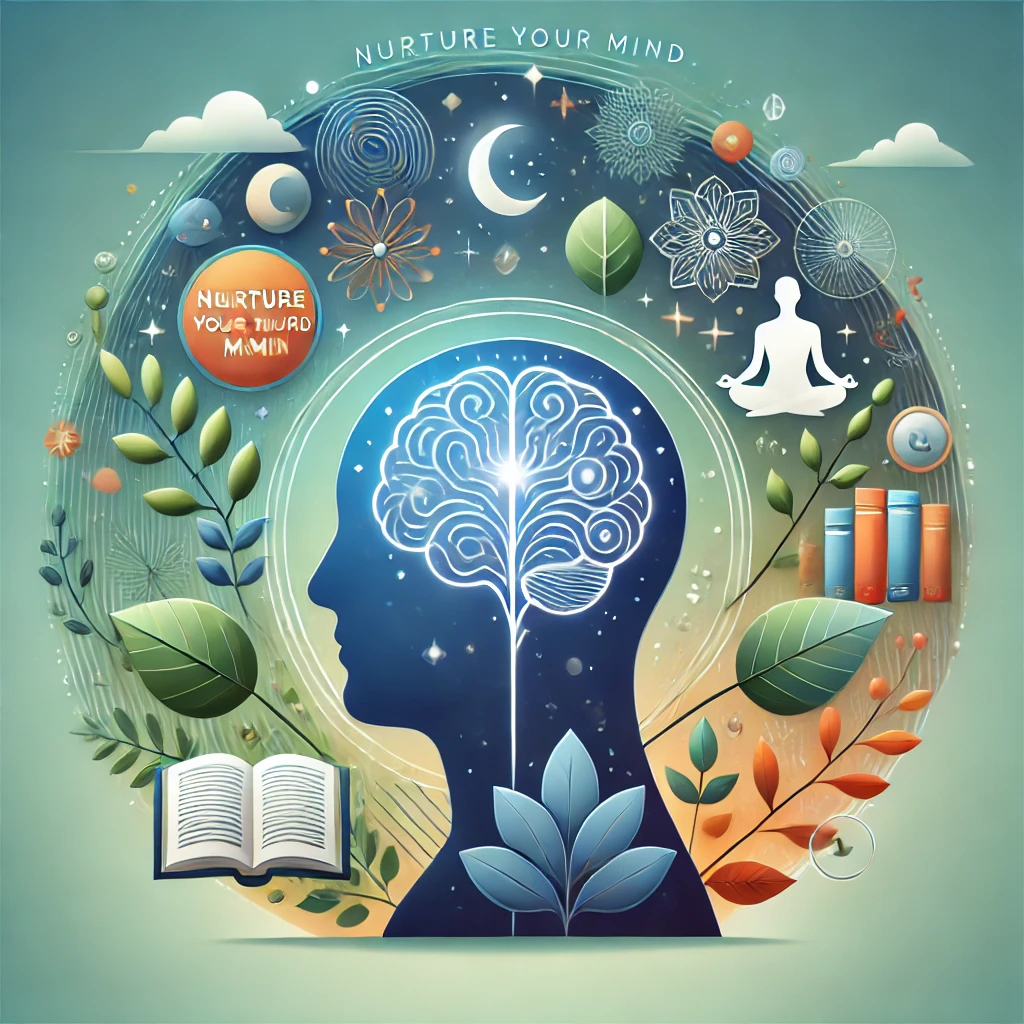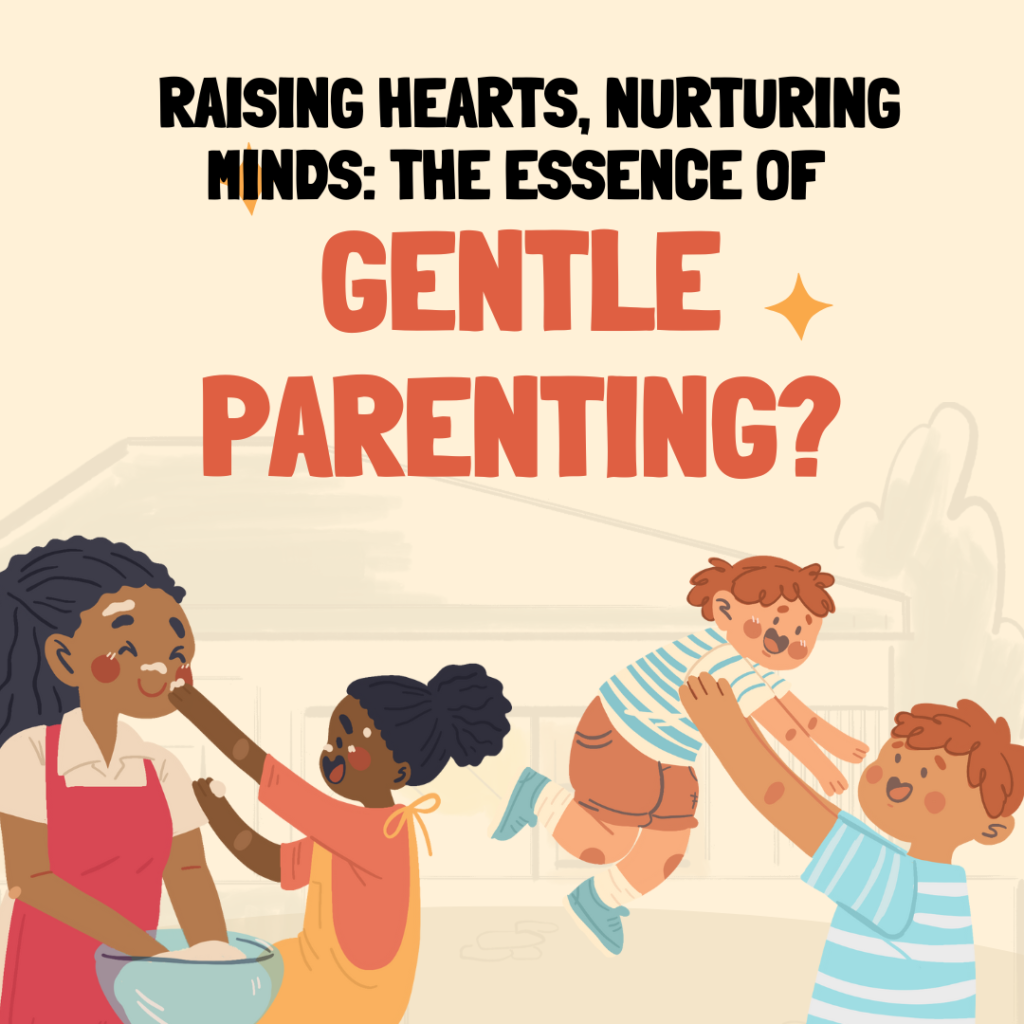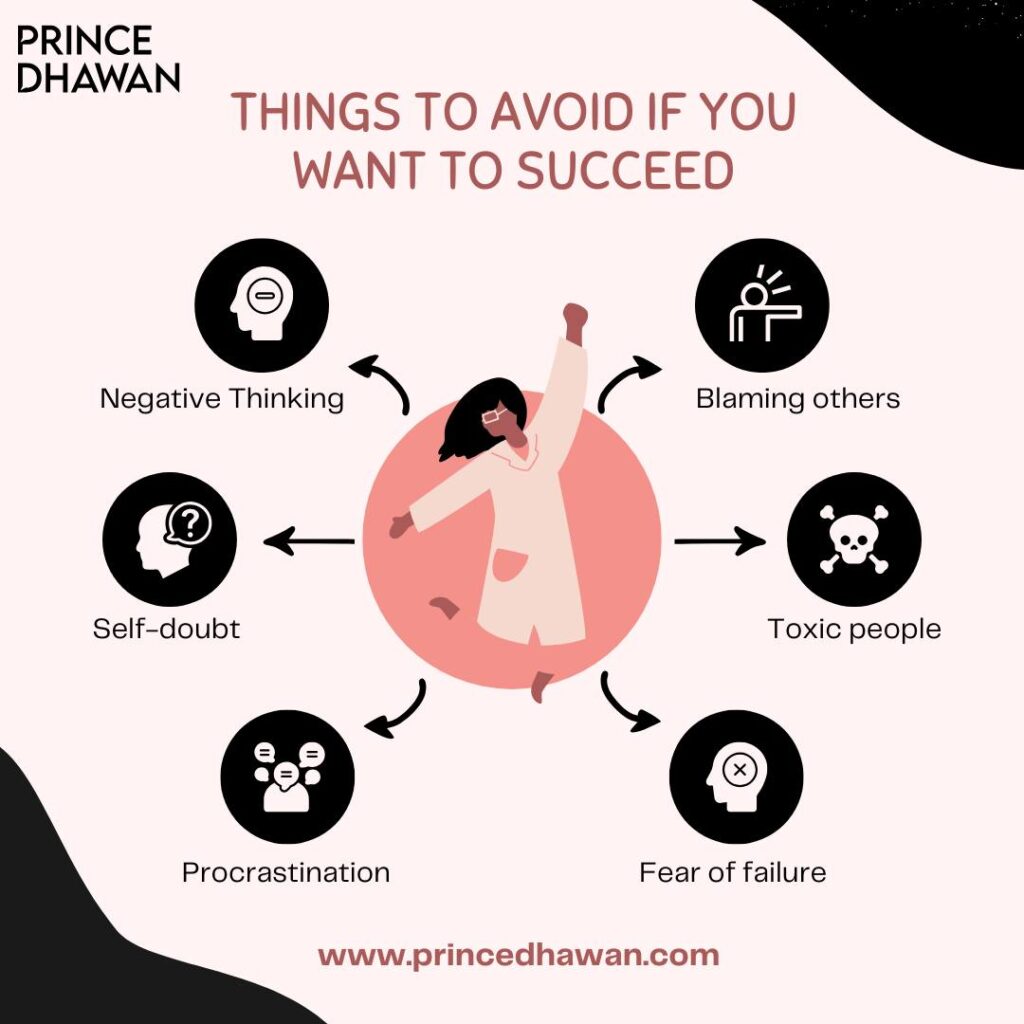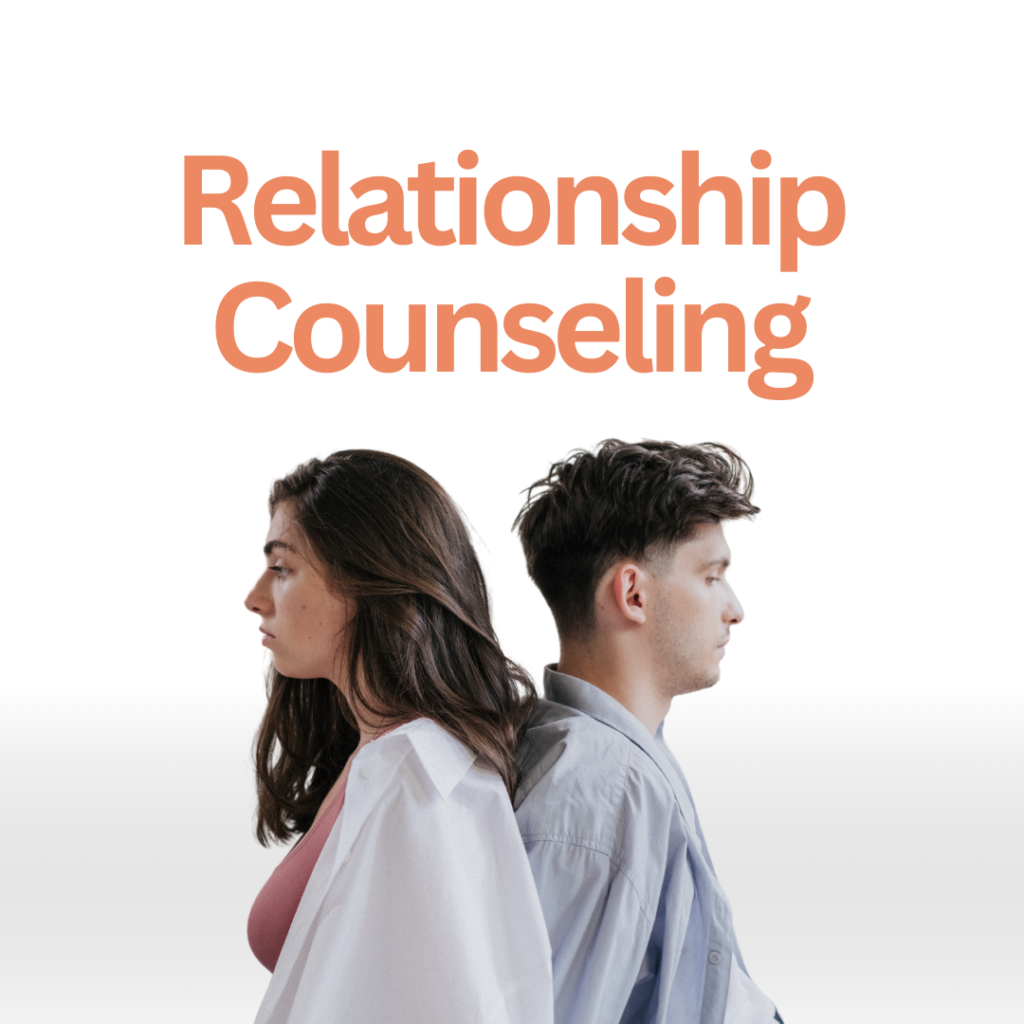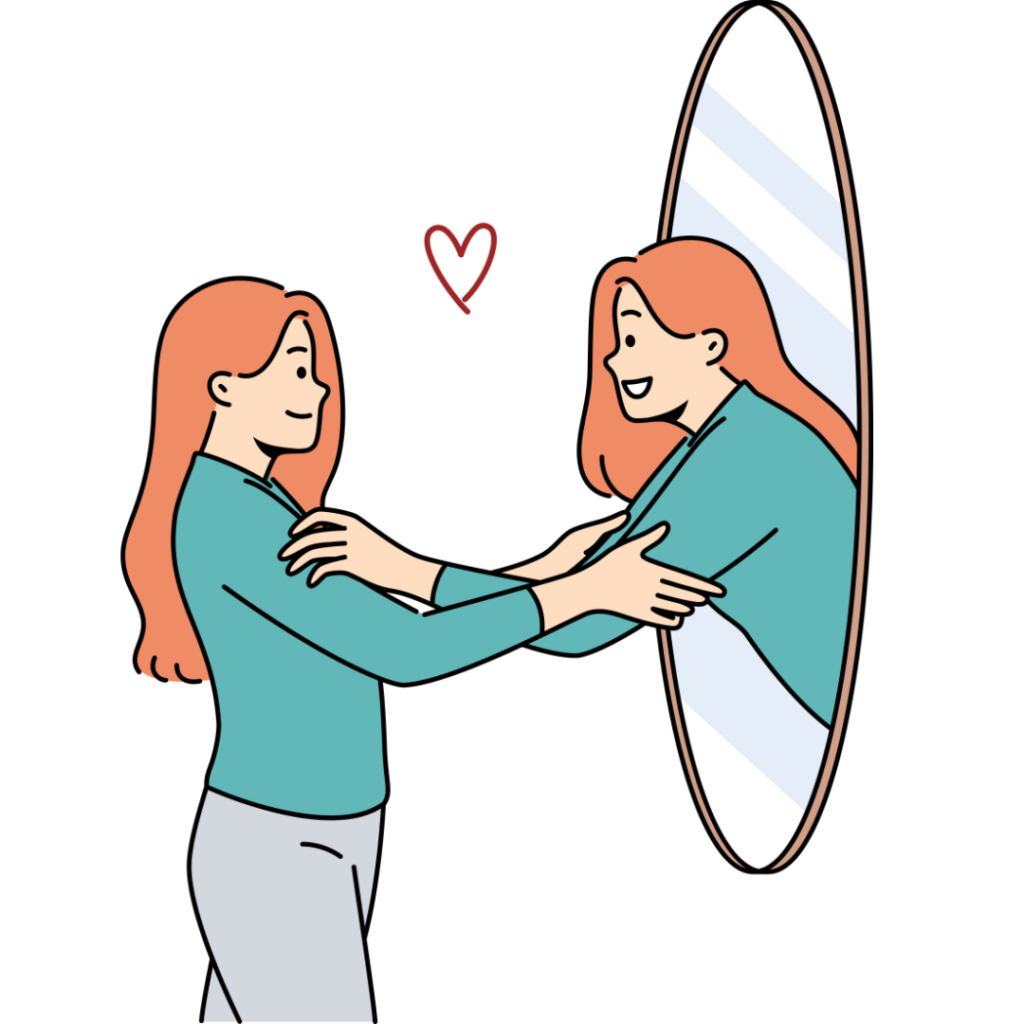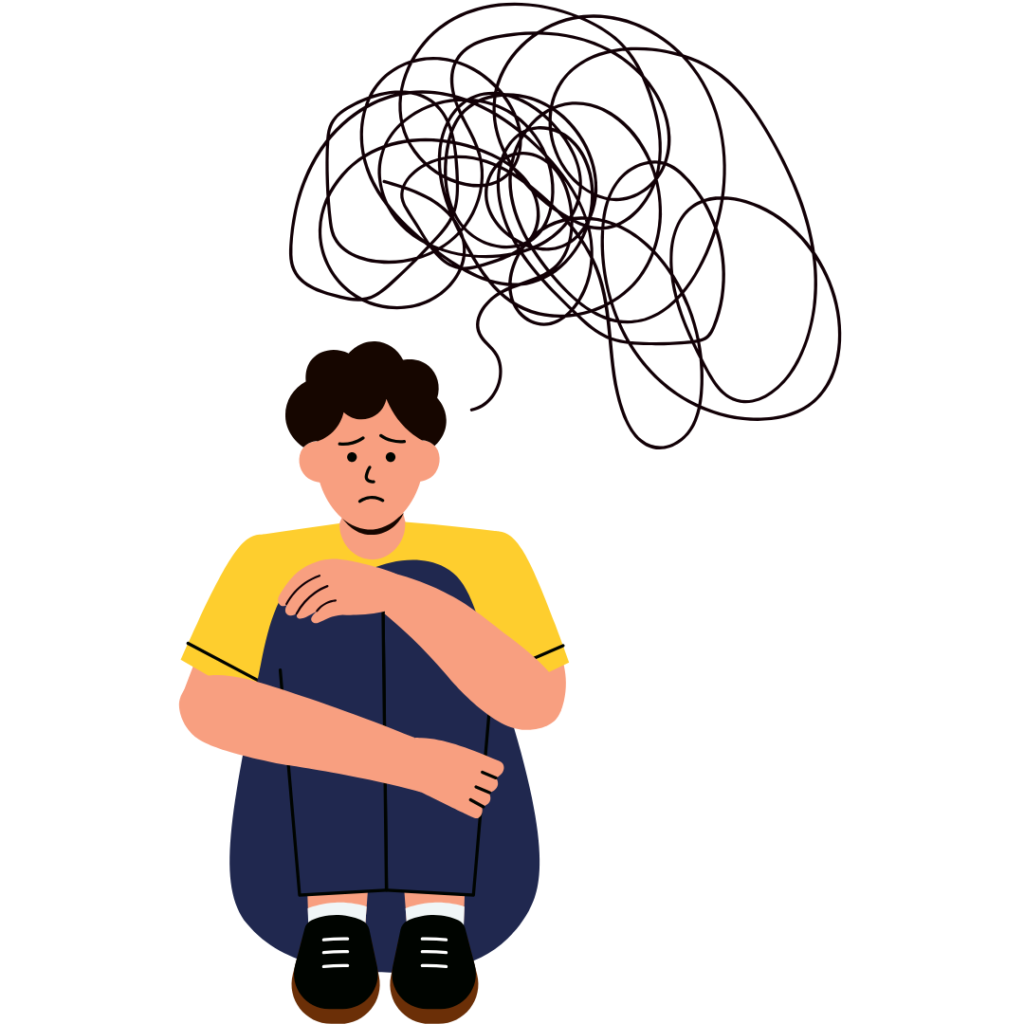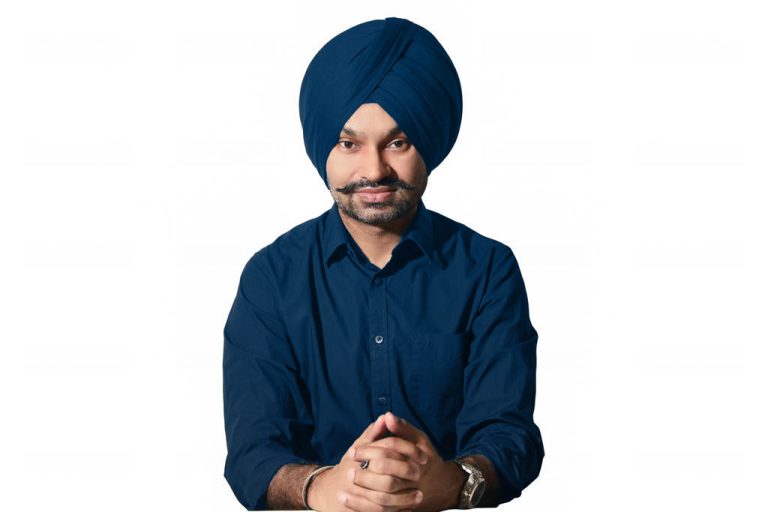Relationship counsellor
The Secret to a Strong Relationship: It’s Not Love, It’s This The Truth About Love & Relationships: Are You Really Listening? Most couples I meet tell me that their relationship is falling apart because “there is no love.” When I hear this, I often ask: When was there love? And more often than not, my question is met with a long, telling silence. As a psychologist, I’ve come to realize that love is one of the most overrated concepts in relationships. Many couples function smoothly as long as one partner suppresses their true self and simply responds to the other’s expectations. But the moment they start expressing their own needs, feelings, and opinions—suddenly, the relationship starts to crack. The Real Issue: Lack of Emotional & Physical Connection A major concern I frequently hear from couples is their diminishing physical intimacy. Some haven’t been intimate in weeks or even months. Women, in particular, express that their partners don’t truly understand their physical and emotional needs. When intimacy does happen, it often lacks warmth—no foreplay, no cuddles, no tenderness—just a mechanical act. Yet, ironically, many partners openly notice and admire other people. Some even admit that external attractions serve as their rare spark for physical intimacy. This disconnection in relationships doesn’t happen overnight—it’s a gradual erosion, left unchecked until resentment builds to a breaking point. The Unspoken Words That Destroy Relationships Many people avoid expressing their feelings because they fear hurting their partner. But here’s the paradox—silence does more damage than honesty ever will. When emotions, needs, and concerns go unspoken, they don’t disappear; they pile up like an emotional ticking time bomb. And by the time couples finally reach a therapist’s office, they are often drowning in resentment, sadness, or even the aftermath of an extramarital affair. What Can You Do? Speak Up – The foundation of any strong relationship is open communication. If something is bothering you—emotionally, physically, or mentally—say it before the distance grows too wide. Emotional & Physical Connection Matters – A relationship isn’t just about being together; it’s about truly feeling together. Prioritize intimacy, affection, and quality time with your partner. Don’t Wait for the “Right Moment” – One of the greatest gifts humanity has is communication. Don’t save your words for a later day—that rainy day is today. If you’re feeling unheard or undervalued despite your efforts, it may be time to take a deeper look at your relationship. Final Thoughts A fulfilling relationship isn’t about avoiding difficult conversations—it’s about embracing them. Life is too short to live in silent dissatisfaction. Be honest, be open, and if your efforts go unrecognized, know that you have every right to take a stand for your own happiness. Need help navigating your relationship challenges? I’m here to listen and guide you. 💛 Love & Light
Relationship counsellor Read More »


